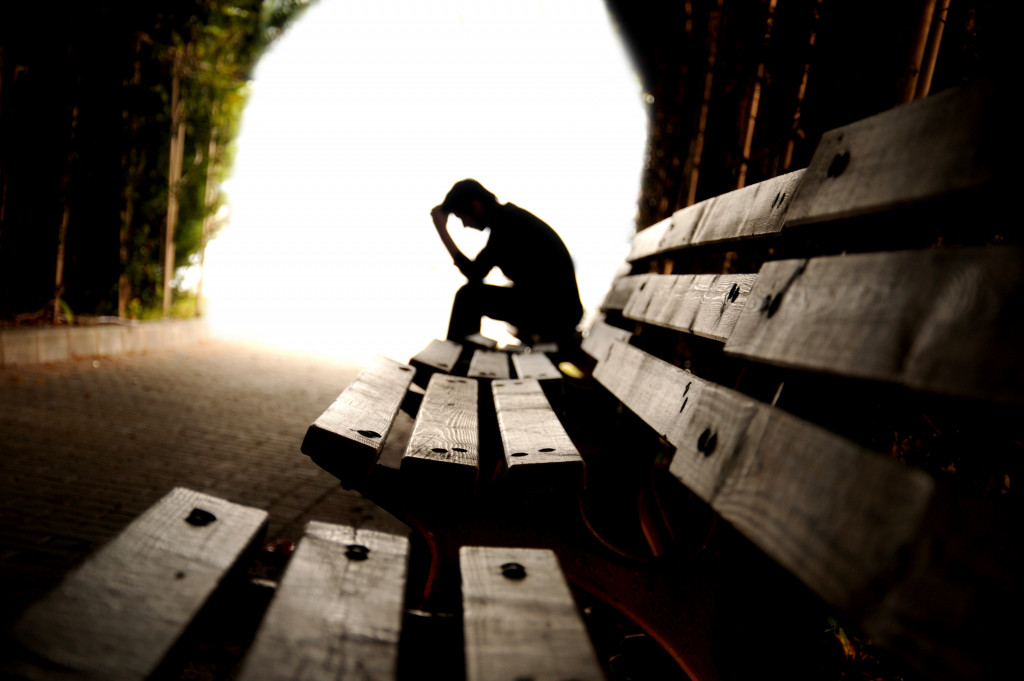Depression is a mental health condition that can profoundly affect every aspect of a person’s life. It is estimated that more than 280 million people worldwide suffer from depression. While depression can affect anyone anytime, certain factors can increase the risk of developing this condition. Here are five things you need to know about depression
It’s more than just feeling sad
When most people think of depression, they think of someone simply feeling down or going through a difficult life. While it is true that sadness is a common symptom of depression, it is much more than that. People who are depressed may also experience changes in their sleep patterns, appetite, energy levels, and concentration. As a result, they may have trouble performing everyday tasks and withdraw from social activities. Depression can also lead to physical problems such as headaches, digestive issues, and chronic pain.
Different types of depression
Depression is not a one-size-fits-all condition. Different types of depression can be distinguished based on their symptoms and duration.
Major depressive disorder is characterized by profound sadness or low mood episodes lasting for at least two weeks. Persistent depressive disorder (formerly known as dysthymia) is a form of depression that lasts for at least two years.
Some people may also experience seasonal affective disorder, characterized by episodes of depression that typically occur during the winter when there is less natural light available.

Genes and the environment
While the exact cause of depression is not fully understood, it is believed to be caused by a combination of genetic and environmental factors. People who have family members with depression may be more likely to develop the condition themselves. Other risk factors for depression include certain medical conditions (such as cancer or heart disease), trauma or significant life changes (such as divorce or the death of a loved one), and stress ( caused by work, financial problems, or relationship difficulties).
It can affect physical health
Depression doesn’t just affect a person’s mental health; it can also take a toll on their physical health. People with depression are at an increased risk for developing other conditions such as anxiety disorders, eating disorders, substance abuse disorders, and heart disease. They may also have trouble healing from injuries or chronic medical conditions. Depression can even shorten lifespan; studies have shown that people with untreated depression die eight years earlier than those without the condition.
It can be treated
People who have depression might feel like it’s untreatable. However, this isn’t the case. There are various treatment options for depression. Here are the five most effective:
Ketamine
Ketamine is an effective medication for treating depression, especially when other treatments have failed. It works by blocking the NMDA receptor, which is involved in the development of depression. Ketamine treatment is one of the best options for people who have treatment-resistant depression. It can be taken in pill form or as an injection. It’s a convenient treatment and one that can fit into anyone’s lifestyle.
TMS
Transcranial magnetic stimulation (TMS) is a type of brain stimulation that uses magnetic fields to stimulate nerve cells in the brain. TMS is an effective treatment for depression. However, this treatment requires certain equipment that is not widely available. Moreover, not everyone can tolerate the side effects of TMS, which can include headaches and dizziness.
ECT
Electroconvulsive therapy (ECT) is a type of brain stimulation that uses electrical impulses to stimulate nerve cells in the brain. ECT is an effective treatment for depression, especially when other treatments have failed. It can be done as an outpatient procedure and does not require anesthesia.
Psychotherapy
Psychotherapy, also known as talk therapy, is a type of counseling that can help people with depression. It can be used to help people understand and cope with their condition. Psychotherapy can be done one-on-one or in a group setting. It’s an effective treatment for depression and can be used with other treatments, such as medication.
Medication
There are several types of medications that can be used to treat depression. The most common types are antidepressants, which work by balancing the levels of neurotransmitters in the brain. Antidepressants can be taken in pill form or as injections. They’re also a convenient form of treatment and one that can fit into anyone’s lifestyle.
Depression is a serious mental health condition that can have lasting effects if left untreated. However, many resources are available to help people struggling with this condition. If you think you or someone you know may be depressed, talk to a doctor or mental health professional to get started on the road to recovery.
